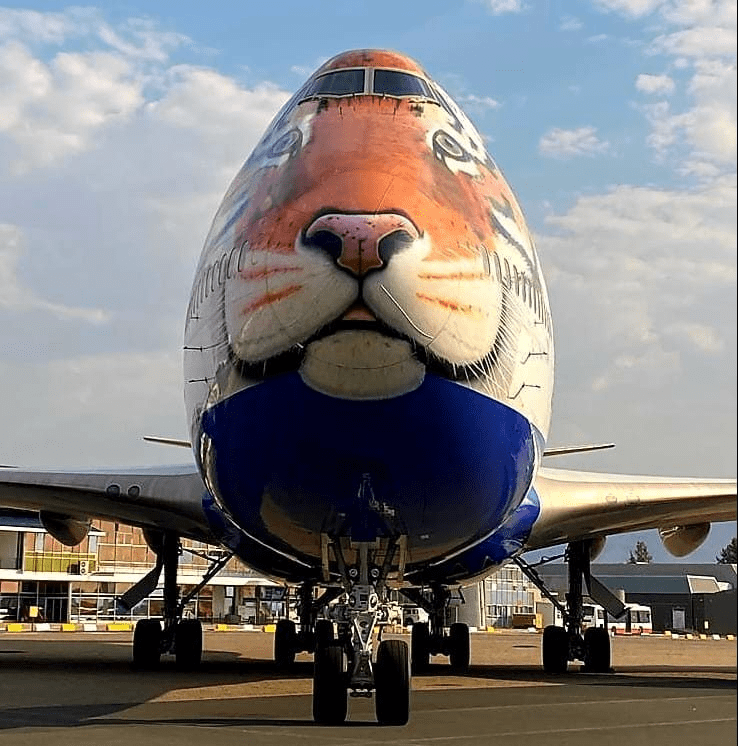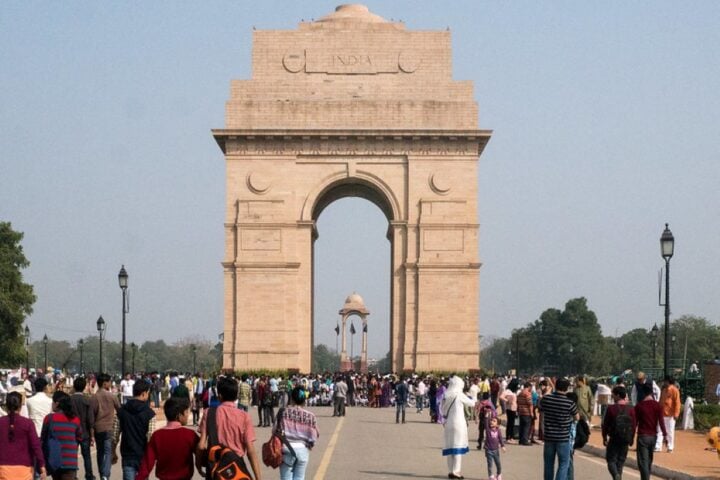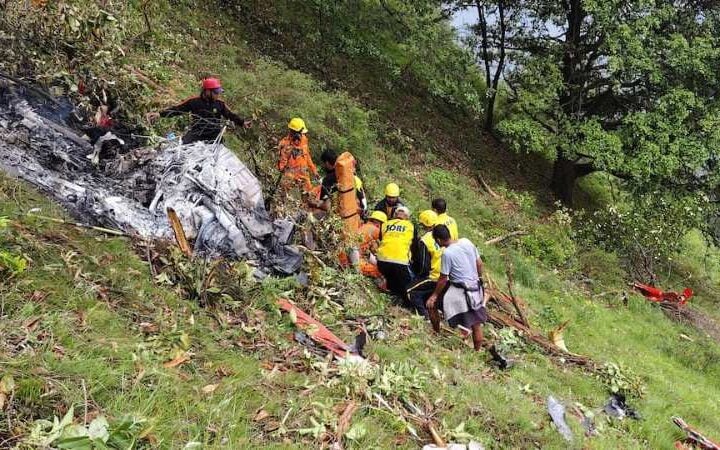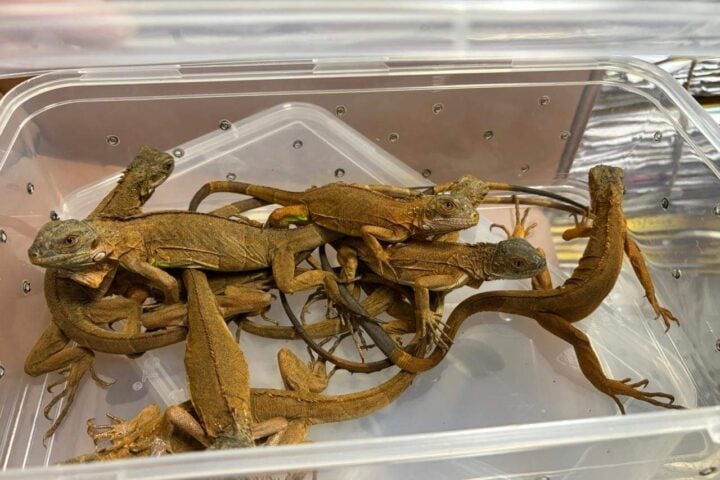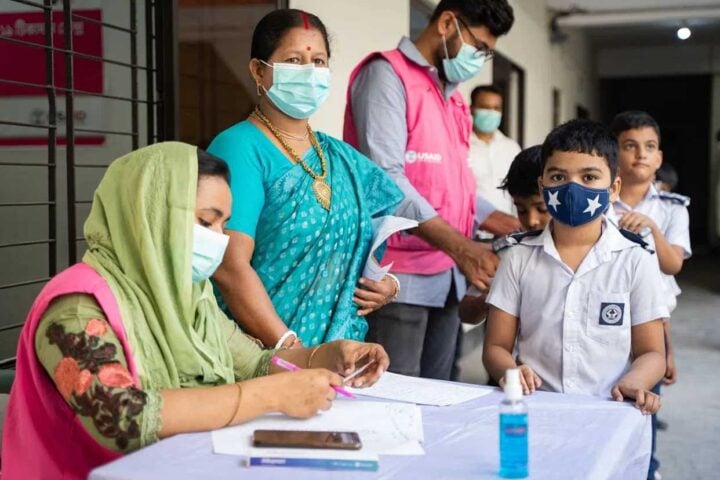Eight cheetahs will take off on a modified Boeing 747 on the night of 16 September, 2022, from Namibia headed to Madhya Pradesh, which will be their new home-marking the return of a predator that went extinct in India 70 years ago. A look at how the reintroduction of eight guests from Africa is being executed in India is worth noting here. The eight big cats have all been vaccinated, fitted with satellite collars, and are currently in isolation at Namibia’s Cheetah Conservation Foundation (CCF) Centre in Otjiwarongo, Namibia. There are three male & five female cheetahs. Out of these there are two brothers with their mother.
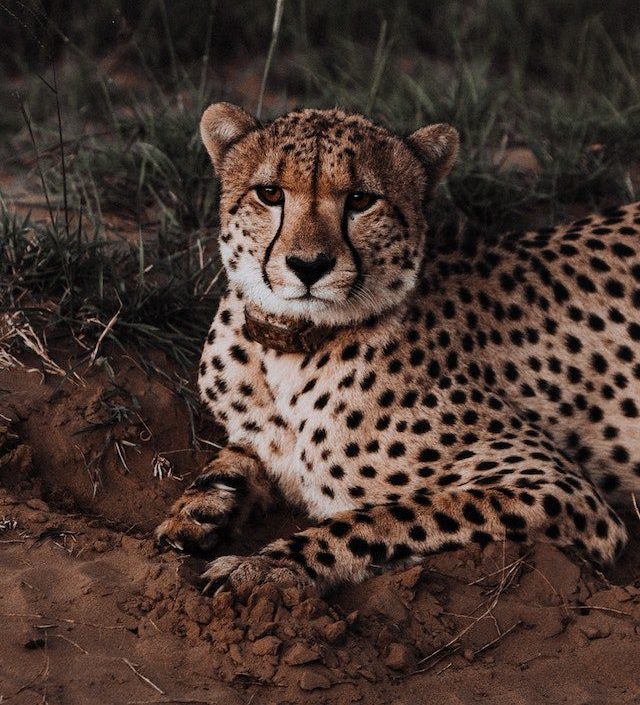
The aircraft B747- 400 passenger jet is modified to fit secured cages in the main cabin, but will also allow vets to have full access to the cats throughout the flight. The main part of the aircraft is painted to show the face of a cheetah. The flight is headed to Gwalior. The big cats will be taken to Kuno Palpur National Park situated in Sheopur District of MP, India.
The Cheetah Reintroduction Project is the result of a plan mooted by the Wildlife Trust of India in 2009 when the Union Ministry of Environment, Forests & Climate Change was headed by Jairam Ramesh. According to Dr MK Ranjitsinhji, Chairman of WTI, it was initially planned to import cheetahs from Iran, but later on Africa was chosen.
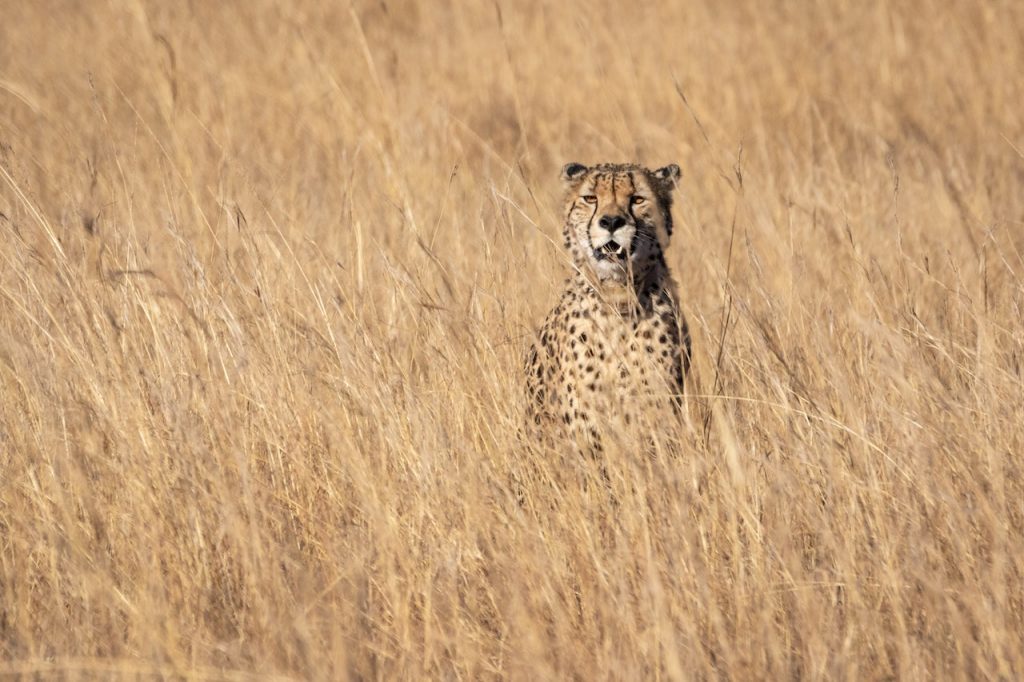
Prime Minister Narendra Modi will release the cheetahs in the Kuno National Park (KNP) to coincide with his birthday on Saturday, the17 September, 2022. The KNP is a 748 sqkm area suitable for cheetahs to survive as it fulfills two crucial conditions; Open savannas and grassland for hunting, High grass areas to stay undetected. The KNP fits both these conditions, experts say. The weather conditions are similar in India and Southern Africa. The large carnivores got completely wiped out from India due to sport hunting & habitat loss and Cheetah was declared as an extinct species in our country in 1952.
It is interesting to know that these eight cheetahs are being flown on empty stomachs to avoid nausea during the eleven hour transcontinental journey. According to Bhupendra Yadav, Union Minister for Environment, Forests & Climate Change, it is due to the keen interest shown by the Prime Minister that the Project Cheetah Reintroduction is being completed.
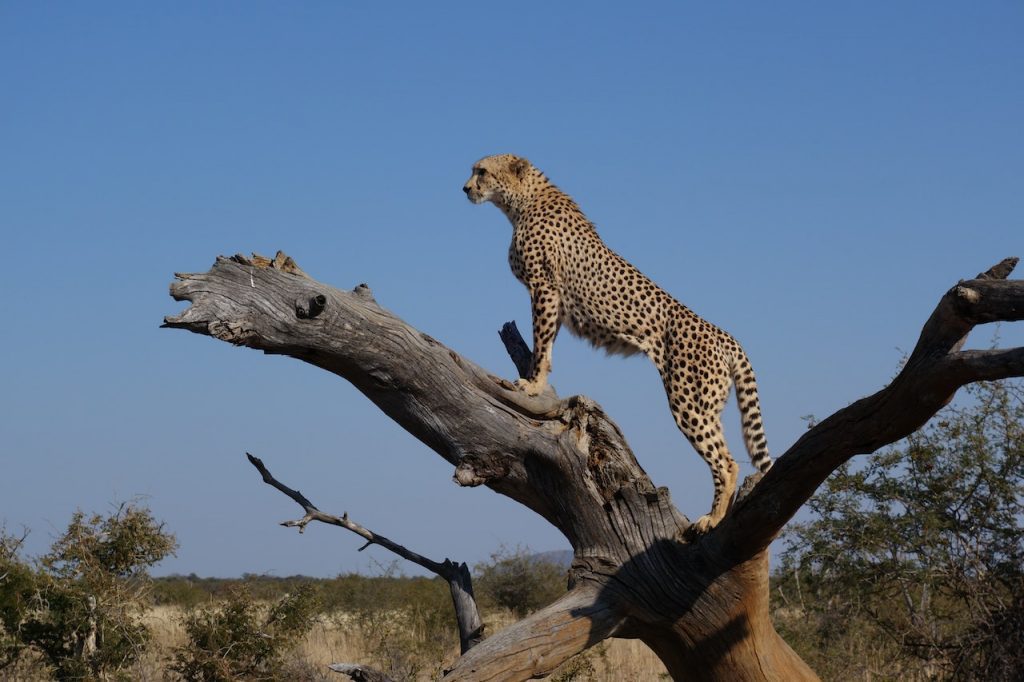
Expected challenges after the cheetahs arrive will be from the competing predators. The leopard density of Kuno is particularly high. Competing predators in Kuno Park include leopards, wolves, sloth bears and a stray tiger. Indian wildlife biologist Ravi Chellandi told Mongabay, “ I expect cheetahs to face challenges with carnivores, especially leopards, wolves, sloth bears & an occasional tiger. The presence of the dogs in the larger landscape also poses risks.
The Kuno National Park has a festive look as it is ready to welcome the eight guests from Namibia. “Grasslands- the most productive terrestrial ecosystems have been overexploited in India, either for agriculture or as grazing pastures, resulting in severe degradation. The aura of the cheetah would focus attention on these biomes and lead to their better management, which would ultimately also have a positive impact on human welfare and livelihood.” Dr Ranjitsinh, Chairman WTI, who leads the Cheetah Reintroduction Project. These eight guests will be the first batch of cheetahs to be welcomed in India. Following their arrival preparations for the transit of the next batch of cheetahs will begin.
